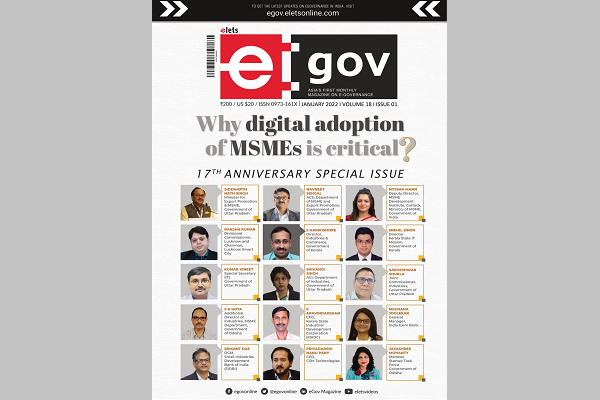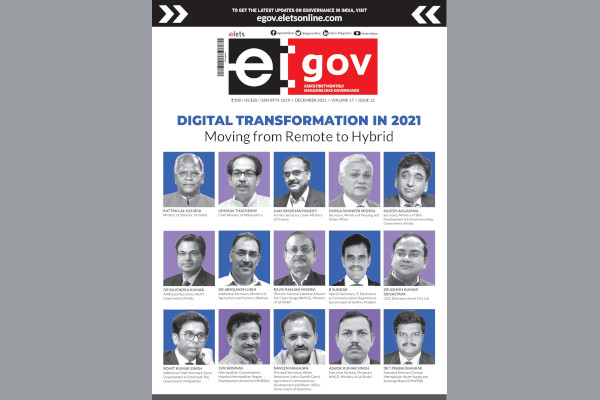
 The importance of agriculture in economic development is borne out by the fact that it is the primary sector of the economy, which provides the basic ingredients necessary for the existence of mankind. This is true in the case of Mizoram in which Agriculture and Allied Sector provides not only food and raw materials but also employment to a very large proportion of the population as majority of the population are still depending on these sectors.
The importance of agriculture in economic development is borne out by the fact that it is the primary sector of the economy, which provides the basic ingredients necessary for the existence of mankind. This is true in the case of Mizoram in which Agriculture and Allied Sector provides not only food and raw materials but also employment to a very large proportion of the population as majority of the population are still depending on these sectors.
The implementation of the New Land Use Policy (NLUP), the State Government’s Flagship Programme, has initiated the transition from he importance of agriculture in economic development is borne out by the fact that it is the primary sector of the economy, which provides the basic ingredients necessary for the existence of mankind. This is true in the case of Mizoram in which Agriculture and Allied Sector provides not only food and raw materials but also employment to a very large proportion of the population as majority of the population are still depending on these sectors.
The implementation of the New Land Use Policy (NLUP), the State Government’s Flagship Programme, has initiated the transition from appreciated by both foreign (UN Agencies, Japan International Cooperation Agency) and domestic (Tata Trust) agencies that have approached the State Government for collaboration in this field. As it is the mandate of the Government to heed the welfare and upliftment of the poor, the State Government would continue its efforts for progressing to a sustainable market economy.

The New Economic Development Policy (NEDP) entail a shift to policy interventions that aims at promoting transformation of subsistence agriculture to market oriented agriculture by following two-pronged approaches: (i) improving market orientation of smallholders at production level, and (ii) facilitation of market access and participation of small and marginal farmers in output markets.
Focusing only on either one may not be as effective in achieving the transformation. Agriculture & Allied Activities must not be delegated to a position of a mere subsistence source of livelihood for the poor villagers, but must be transformed towards Agri-Business with the application of the latest technologies.

Transformation of subsistence agriculture to market oriented agriculture is an indispensable pathway towards economic growth and development for an agriculture dependent economy like Mizoram. Sustainable household food security and welfare also require commercial transformation of subsistence agriculture. Commercial agricultural production is likely to result in welfare gains through the realisation of comparative advantages, economies of scale, and from dynamic technological, organisational and institutional change effects that arise from the flow of ideas due to exchange-based interactions.
Moreover, commercialisation enhances the links between the input and output sides of agricultural markets. Enhancement in the production of crops would be targeted for selected crops using modern technology for a better market access and market oriented postharvest processing. It has been found through various researches that agricultural workers are basically unskilled; they may not be skilled even in the art of profitable cultivation. Consequently, their supply is perfectly elastic and therefore whatever they earn is in the nature of transfer earnings.
The employer often uses this position to his personal gain by contracting to less than what the market forces would have warranted otherwise. NEDP also aims at undertaking appropriate skill and entrepreneurship development initiatives for the benefit of agricultural laborers.
(Views expressed in this article are of H Liansailova, Vice Chairman, Mizoram State Planning Board)
Be a part of Elets Collaborative Initiatives. Join Us for Upcoming Events and explore business opportunities. Like us on Facebook , connect with us on LinkedIn and follow us on Twitter, Instagram.











